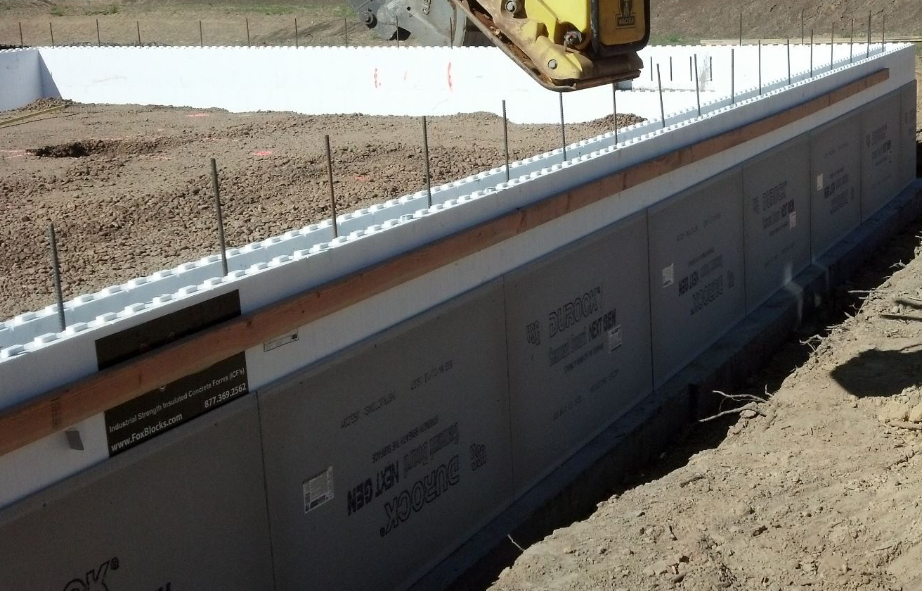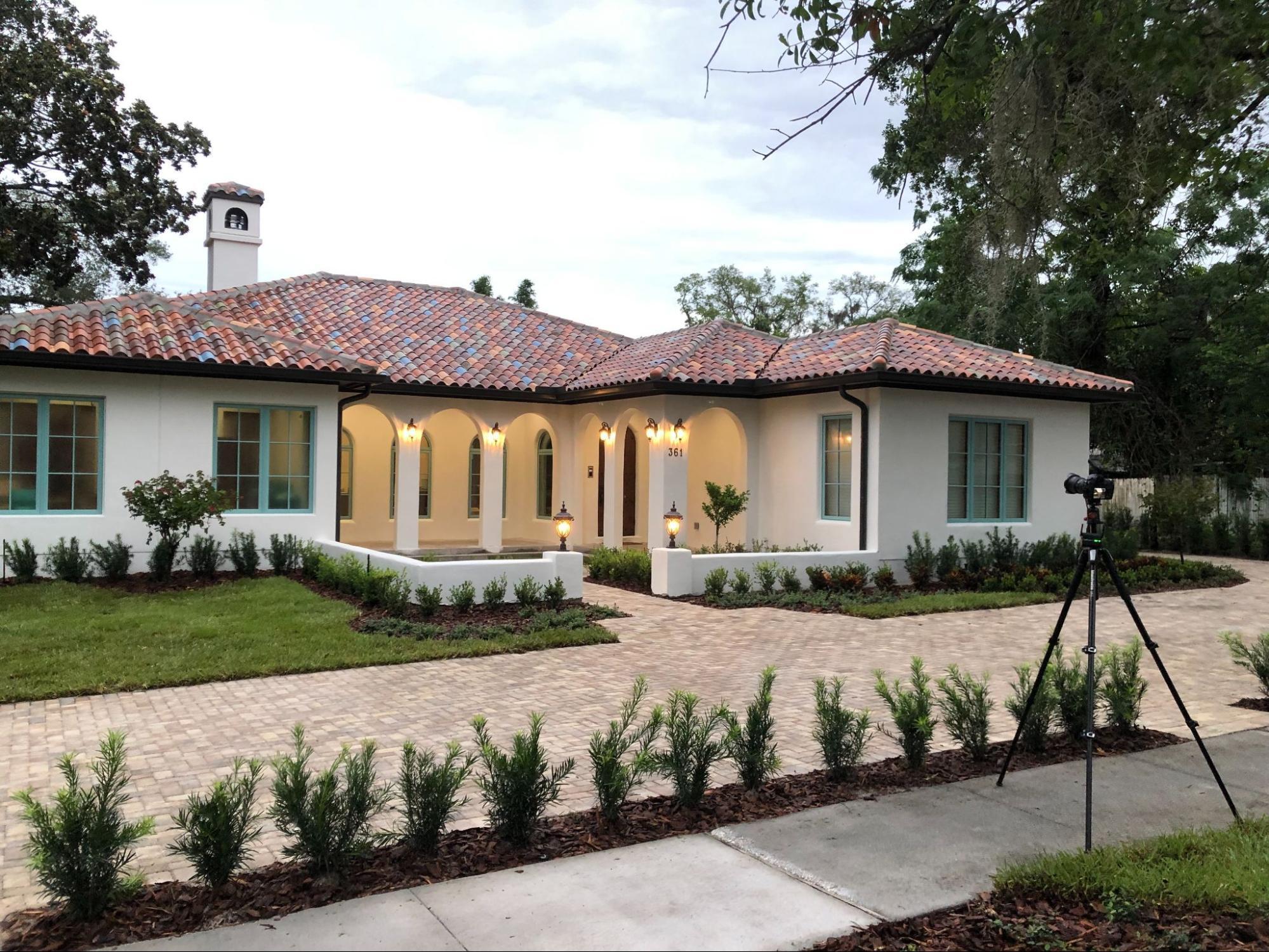
Your Guide to Building a Home With the Future in Mind
Some clients might want to leave the home to future generations of family members, while others may have a passion for environmental sustainability. Comments like that all point to the same thing: a client who wants a home designed with the future in mind. And, by keeping up with the latest developments in future-focused design, you can provide the solution.

The Best Framing Option for Texas Coastal Homes
How Building a Concrete ICF Home Saves on Initial and Long-Term Costs

Exterior Wall Thickness: How Thick Should Your Walls Be?
The exterior wall thickness of a home significantly impacts the house’s energy efficiency, disaster resistance, and IEQ. Learn how thick exterior walls should be.

10 Steps for Building a Home with Insulated Concrete Form Blocks
An ICF home, like one built with Fox Blocks, provides many of the essential features that today’s homeowner is looking for: excellent indoor environmental quality (IEQ), energy-efficiency, and disaster-resistance.

How Building a Concrete ICF Home Saves on Initial and Long-Term Costs

Continuous Wall Foundation: Building a Strong Continuous Load Path from Foundation to Roof

Foundation Types: 8 Different Types of Home Foundations

Build a Concrete House and Reap the Energy-Saving Rewards of Thermal Mass Home Design

What Are the Differences Between AAC and ICF Construction?
When considering AAC vs ICF construction, it’s important to know the differences, pros, and cons.